Above, is an image from a conference posted by Ed Wray, which he dubbed “Ten Years of Barley Varieties.” It is lovely. And not unlike the chicken wings crisis chart, that. It is quite the thing to see how rapidly varieties come and go. When I worked in Holland in 1986 in the big cut flower auctions, I had a favorite rose – Mercedes – which had a particular balance between its soft scarlet bloom and the pea green of the stem. But like all things, it fell out of fashion or the hybridization isn’t that stable and when back in Canada it only lasted a few years before it was no longer available in the market. Nice to see the constancy of Maris Otter. Something like myself.
Update: apparently, the G7 event at Cornwall England reported upon last week due to Trudeau’s pint has become a super spreader event that “…is closing down pubs, bars and hotels at a frightening rate.” I have moved forward my second jab to the end of tomorrow afternoon. There is some disagreement as to the cause, however.
Also from the UK, perhaps a different sort of political statement from Stephen McGowan on the issue of sticking with the process for evaluating the effect of minimum pricing in Scotland:
I would remind all stakeholders that the Scottish Parliament is under a legal obligation to consider the impact of MUP on licence holders and producers; as well as the impact on the licensing objectives, as well as the impacts on individuals and groups in society. “Success” is therefore a nuanced, complex pattern. Parliamentarians, like the rest of us, will always welcome news of falling health harms – but I urge us all to remain circumspect about whether MUP is a “success” for if we allow ourselves to view success through the sole prism of consumption levels, that is to ignore what the 2012 Act actually requires.
Like self declaration of importance, “nuance” is one of those proclamation that usually hides a combination of motive and the incapacity to actual state an idea. In this case, it’s really not nuanced at all. Just a call for balance. But we need to remember what is being balanced is the health of one person as opposed to the income of another. Such is the reality of a regulated trade in compromising pleasure products.
Note: “…allegations of widespread misconduct in America’s craft beer industry…” is how it is described in the journalistic part of the world. Misconduct is a great word for is as, like bigotry, it is an umbrella word avoiding the need to distinguish between the different forms of grasping that we are learning more and more about. Craft beer seems particularly fertile ground for this sort of bad behaviour, being not quite consequence free as its hymnals promise. BrewDog seems to be the gift that keeps giving in relation to now a number of aspects of this stuff. The Press and Journal of Aberdeen, Scotland shared information about the brewery’s (literally) dodgy habits when it comes to business partners:
Alex Cobham, chief executive of the Tax Justice Network, the advocacy group that campaigns for a fairer tax system, said: “This is a disappointing, but sadly common story – companies whose approach to tax havens is entirely at odds with their projected image. “Having major investors using Cayman as a conduit is certainly antisocial, but it’s about as punk as croquet… Asked how the company could reconcile its ethos with the fact such a large proportion of its stock was held by the Cayman entities, a Brewdog spokeswoman said she “can only comment about BrewDog’s own tax obligations and activity”.
But see, unlike those who look at this things as “snafus“, the relationship between investors having spare change from not paying proper taxes and investment recipients then receiving cash from the same the resulting pool of investment funds is entirely direct and, frankly, obvious. BrewDog receives a benefit because the UK Treasury does not. And the UK taxpayer is asked to make up the difference. Now, their brand’s health is dropping in the standings and, as Brewbound reports, BrewDog’s good housekeeping seal of advanced ethical status is now at risk. Are they a ponzi? Punk as croquet. Gold.
We have to recall that there was a before times, that the “craft” brand is recent and has never been better than wobbly if not simply needy. Ed the actual brewer shared his thoughts:
As to actual craft beers many of them sound more like alcopops now anyway, and certainly some craft brewers have embraced exogenous enzymes, bollocks ingredients including actual bollocks, and genetically modified yeasts (something multi-national brewers have never dared use). I’m not going to make any moral judgement but I can’t see where the craft is. The standard bearers of craft beer in Britain have always been Brewdog and it’s been obvious for years that they’re tossers. Recently their ten year plan was revealed and they’re going to focus on producing lager because they want to be bigger than Heineken. Can anyone tell me how becoming a giant lager selling multi-national is craft?
We have to remember that “craft” arose to prominence only around 2003 after (1) the stalling of the markets in the late 1990s, (2) the formation of the BA and (3) the “Sex for Sam” scandal. Micro needed rebranding. Then it starts to die a slow death starting in 2015-16 with the sell off which continues today with the trade abuse scandals.
Entirely conversely, Max continued his purifying walk to Litoměřice – and his story gets even better with this bit below proceeding an ending of this middle of the tale drawn surely from the early pages of Wind in the Willows:
The walk was as brutal as I expected given my shape, and there were several moments when I questioned the wisdom of the endeavour, but the sights and the utter peace that surrounded me more than made up for it. When I reached the highest point, I found a resting site and I spent a good while just admiring the view of the České Středohoří and feeling very well about myself. From then on, the way will be mostly downhill and I had already cover about two thirds of the distance. The trail took me to the village of Hlinná, a few kilometres outside Litoměřice. It was not in my plans, but I saw a pub and couldn’t resist it. There was nothing in this world that I wanted more than a beer at that moment…
Somewhat similarly, Martin celebrates a stroll but one through less green, more hardened lands to reach the wonders of the Elton Liberal Club:
A succession of Old Boys come in and report difficulties renewing their membership, skilfully resolved by the young barman. Old learning from young, and vice versa. “There’s a wake later” the barman tells us. For the Liberals, I assume*. But not for the Elton Social Club, which seems in splendid health as I leave to the “Push the Button” by the Sugababes.
The BBC has one of those stories about beer bottled yeast in the holds of shipwrecks:
Scientists at Brewlab, a spin-out from the University of Sunderland, have studied yeast strains and brewing techniques for years. The firm’s founder, Keith Thomas, says that once beer from the Wallachia was in his lab, it was treated with the utmost caution. “We opened it in containment level two laboratory conditions,” he says. This involved unsealing the bottles in a special cabinet filled with sterile air, in order to protect the scientists from any possible pathogens in the beer. This measure also ensured that the samples did not become contaminated with any modern-day yeast strains.
I’d be sending the submarines to the Black Sea, myself. Home of ancient wrecks in deep cold oxygen-less waters. Imagine finding sealed beers from Hanseatic League in the Baltic. That would be neato.
Hints of things ending. A great brewery’s trappings being auctioned off. Maureen‘s recollection of her rejection of an otherwise beloved beer bar in Colorado. And Boak and Bailey’s call in their newsletter to save The Rhubarb:
This time, though, it feels different. The Rhubarb is the last pub in the neighbourhood. When it’s gone, it will be gone, and a great swathe of Bristol will be totally publess. They say you need to pick your battles. It feels as if this might be ours although we’re worried we don’t have the time to commit to a long campaign. The difficulty is at the moment there doesn’t seem to be an organised campaign to save it.
I am too Scots Presbyterian to accept the oneness of intoxicating substances even while I entirely acknowledge them. In Ohio, there is the 350ness of it all apparently. Still, not sure if this is correct as we have gone over the “unmalted grain becomes beer” scenario* a number of times over the years:
“Primitive beer is [as simple as] ripping grains out of the ground, taking them in your hand, and throwing that grain into water,” Muraresku says, wisdom imparted to him by a prominent beer scientist. “The microbiome on the hand could have been responsible for those early yeasts. Aside from not having to dehusk it or heat it, you’re creating a beverage that … is safer than water. And if the right grain was sitting in the right water over time, it would have naturally started to ferment with whatever yeast and fungi were on the grains.”
Sir Geoff Palmer, surely one of the most interesting users of Twitter, shared a very interesting set of images illustrating the intersection of racist bigotry and brewing science at an early point in his career:
Our History: Truth-battle did not start with me calling Dundas a slaver, it started in the 1960s when my research said the Aleurone produced the digestive enzymes in the grain, not the Scutellum. Maths and more recent publications say I was correct. Lucky…l nearly got the sack.
Note: if anyone suggests they are a beer expert immediately ask them to describe the difference between the aleurone and the scutellum. Email me the response.
And Barry Masterson wrote about “Perry, Pomonas and Pomology” for Cider Review:
…the earliest developments of British pomology (the study of fruit and its cultivation) were tightly bound with the making of cider and perry, an industry that developed with great intensity during the latter half of the 17th century. With the end of the English civil wars, farming life was returning to normal, perhaps with renewed energy. At the same time, conflicts on the Continent meant that foreign wines were maybe not so easily imported, so the production of local wines became an important topic that exercised the brightest minds of Britain…
Finally, amongst the greatest bar tabs of all time we give you the Boston Bruins of 18 June 2011.
That’s a good bit of reading for you. Once that’s done, don’t forget to check out those weekly updates from Boak and Bailey mostly every Saturday, plus more with the weekly Beer Ladies Podcast, at the weekly OCBG Podcast on Tuesday and sometimes on a Friday posts at The Fizz as well. There is a monthly sort of round up at The Glass. There is more from the DaftAboutCraft podcast, too. And the Beervana podcast. And sign up for Katie’s weekly newsletter, The Gulp, too. And check out the Atlantic Canada Beer Blog‘s weekly roundup. Plus follow the venerable Full Pint podcast. And Fermentation Radio with Emma Inch. There’s the AfroBeerChick podcast as well! And also look at Brewsround and Cabin Fever. And Ben has his own podcast, Beer and Badword – when he isn’t in hiatus as at the mo, more like timeout for rudeness. And remember BeerEdge, too. Plus a newcomer located by B+B: The Moon Under Water.
*Are beer writing editors no longer a thing? 2018 seems so recent.

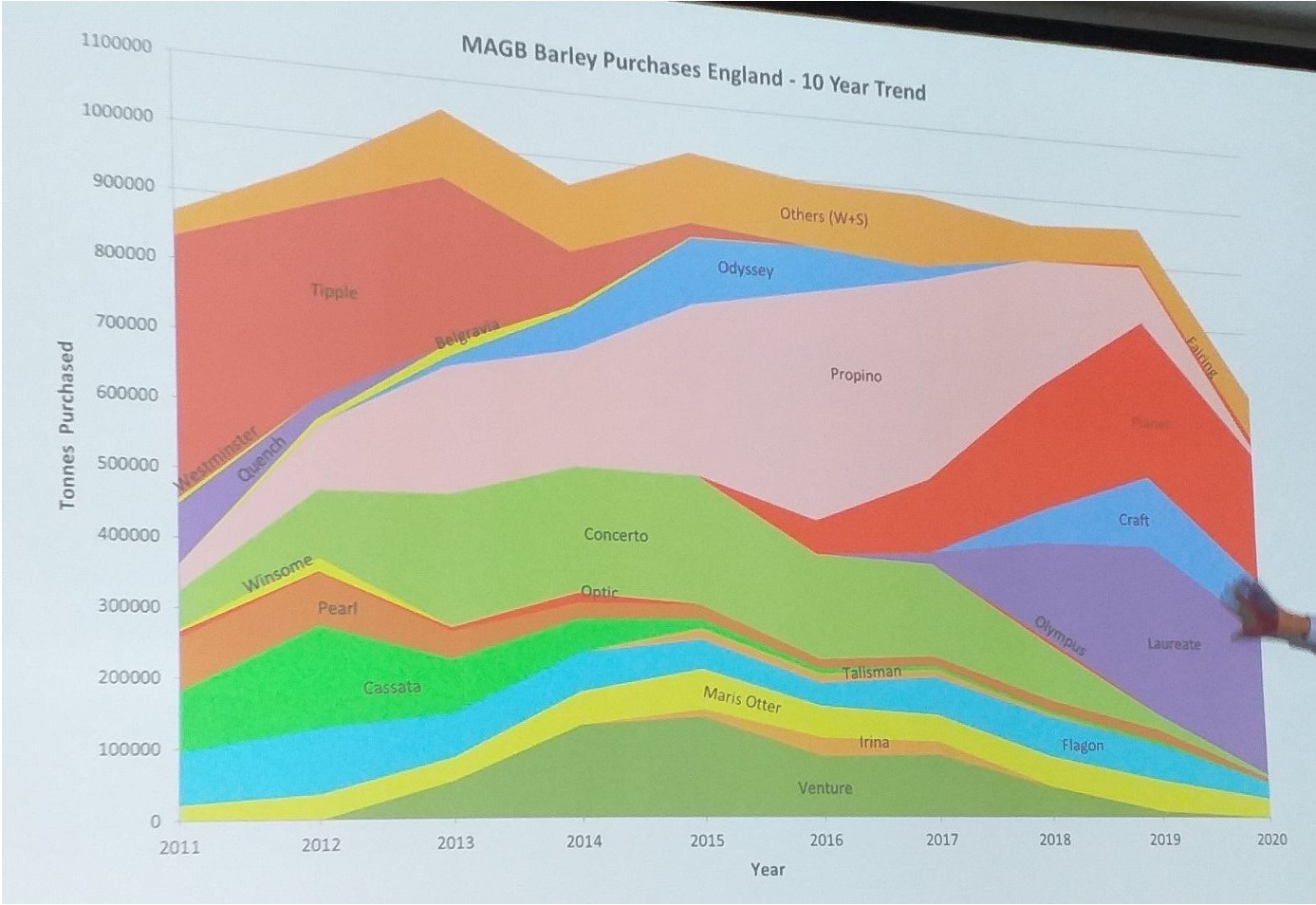
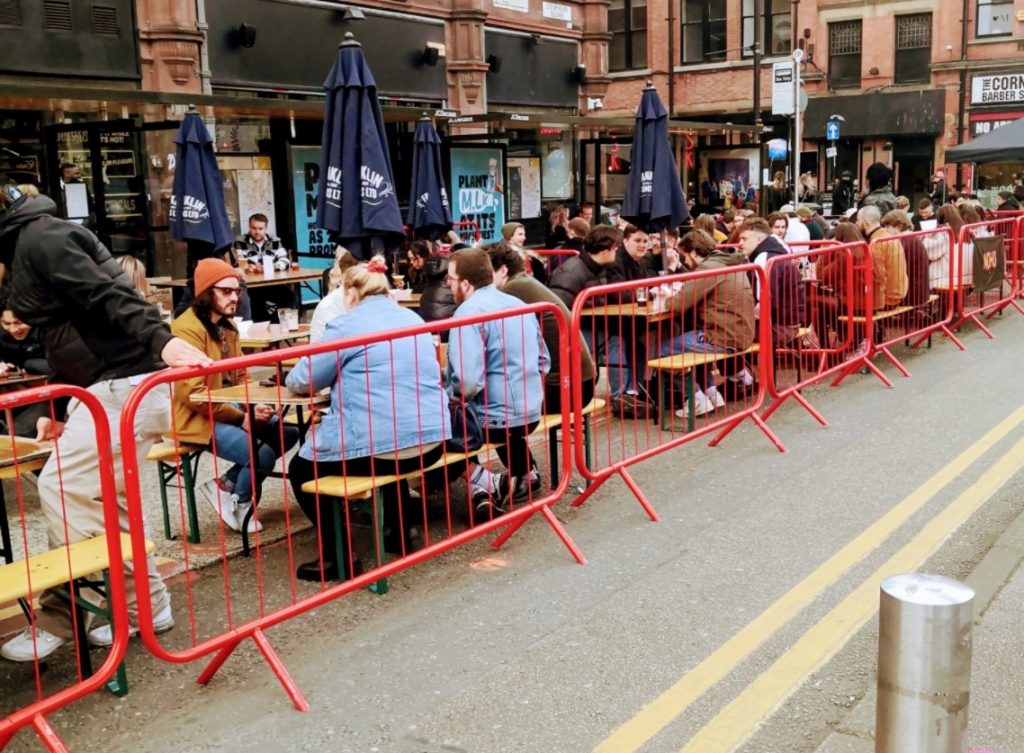
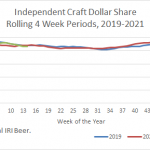



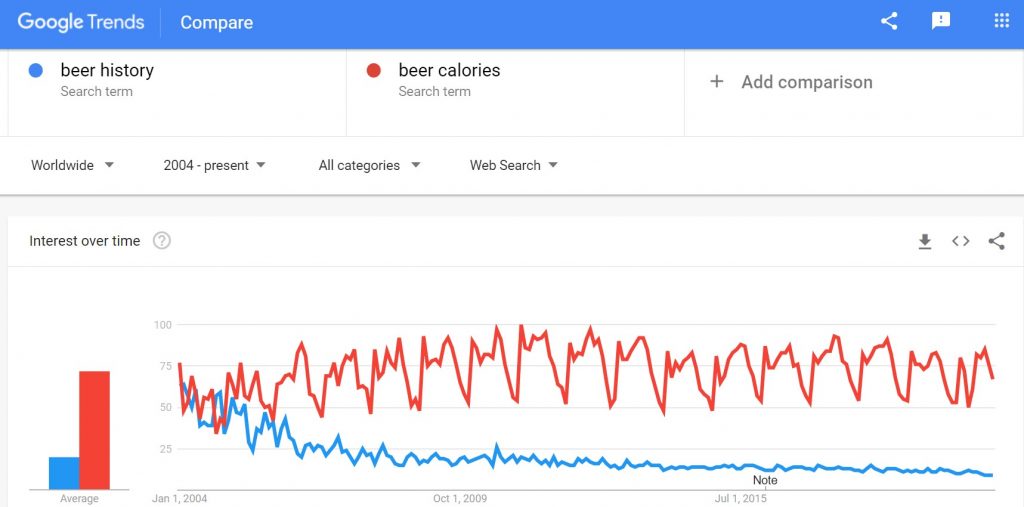
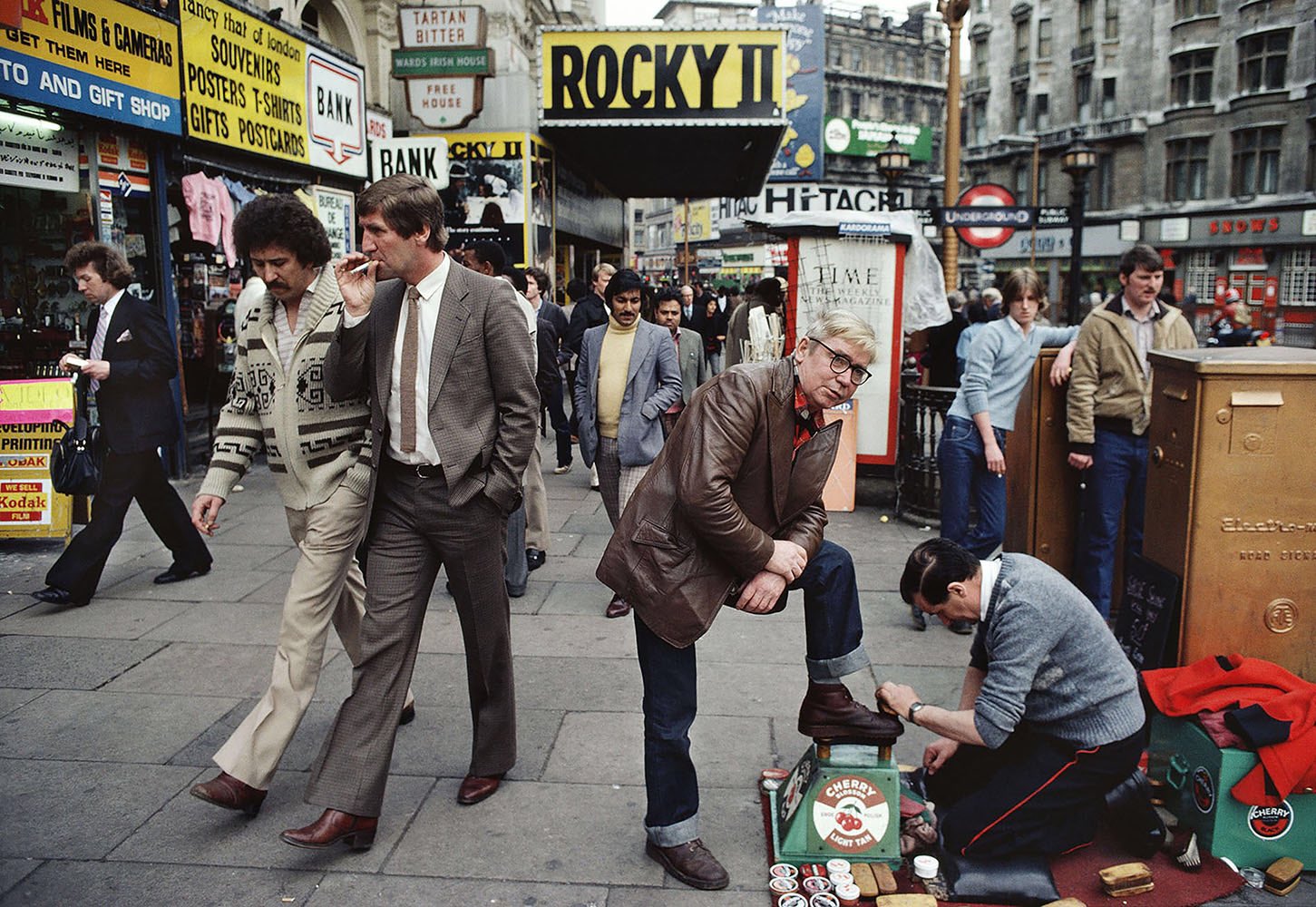 The last of birthdays, anniversaries and public holidays over the last four weeks has finally passed. And it has snowed. Wednesday was as sharp as deepest January at -16C even if it was +8C last Saturday. Five weeks before the solstice. So, I am buried in wool blankets at home this week, covered as soon as I get through the door, hugging the wood burning internet server looking for answers. Which is where I found the image above, from 1979 when
The last of birthdays, anniversaries and public holidays over the last four weeks has finally passed. And it has snowed. Wednesday was as sharp as deepest January at -16C even if it was +8C last Saturday. Five weeks before the solstice. So, I am buried in wool blankets at home this week, covered as soon as I get through the door, hugging the wood burning internet server looking for answers. Which is where I found the image above, from 1979 when  Perhaps somewhere in the middle, Boris Johnson has apparently failed to keep his word, this time related to staying out of the pub until Brexit is
Perhaps somewhere in the middle, Boris Johnson has apparently failed to keep his word, this time related to staying out of the pub until Brexit is 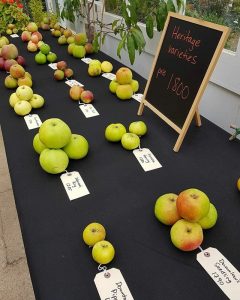 So, if I was going to write about all the interesting things I read this week, I need to first acknowledge all the uninteresting things I read this week but then not write about those things so that I can focus on writing about all the interesting things. [Thanks, folk who are keeping good beer stuff so dull!] Now, one of the most interesting things I read this week were the labels by the apples in this
So, if I was going to write about all the interesting things I read this week, I need to first acknowledge all the uninteresting things I read this week but then not write about those things so that I can focus on writing about all the interesting things. [Thanks, folk who are keeping good beer stuff so dull!] Now, one of the most interesting things I read this week were the labels by the apples in this 





